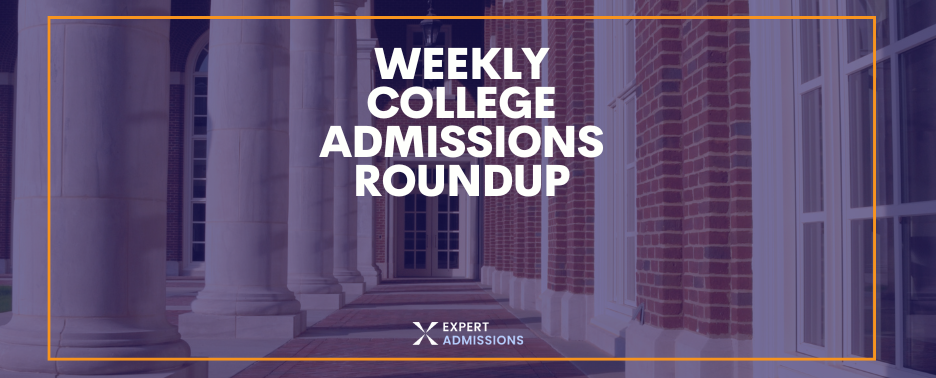
There’s a lot of news this week, so let’s get right to it!
The 2025-26 FAFSA is open ahead of its December 1st deadline. After a late and disastrous rollout last year, this year’s early rollout has gone smoothly so far.
The number of Yale early admissions applications dropped 14 percent from last year. Yale representatives said this decrease was in line with what they anticipated following this year’s change in test score policy. After four years of a test-optional policy, Class of 2029 applicants were required to submit test scores as part of their applications.
Georgetown’s President John J. DeGoia announced his resignation on Thursday. DeGoia, the longest-serving president in Georgetown’s history, is recovering from a stroke that occurred in June. He will remain on the faculty and become president emeritus.
The American Bar Association (ABA) is creating an opportunity for law schools to request an exemption from the organization’s LSAT testing requirement. This comes in the midst of a years-long debate within the ABA over whether it should allow law schools to make admissions test-optional.
Boston University isn’t accepting PhD candidates for the next academic year in a dozen humanities and social sciences programs, including political science, English, and history. The move comes as graduate program costs dramatically increased due to the union contract students won in a historic, nearly-seven-month graduate student strike that ended in October.
Two institutions received gifts worth tens of millions: Georgia State University received $80 million that will go towards a major revitalization of the downtown Atlanta campus, and the University of San Diego received $75 million to fund state-of-the-art STEM initiatives on campus.
Three institutions made major financial aid announcements. MIT will now be tuition-free for families that make less than $200,000 per year; the University of Texas System will be tuition-free for families making less than $100,000 per year; and Carnegie Mellon University will be tuition-free for families making less than $75,000 per year. Carnegie Mellon and MIT also announced new financial aid benefits for families earning less than $100,000 annually.
Leave a Reply